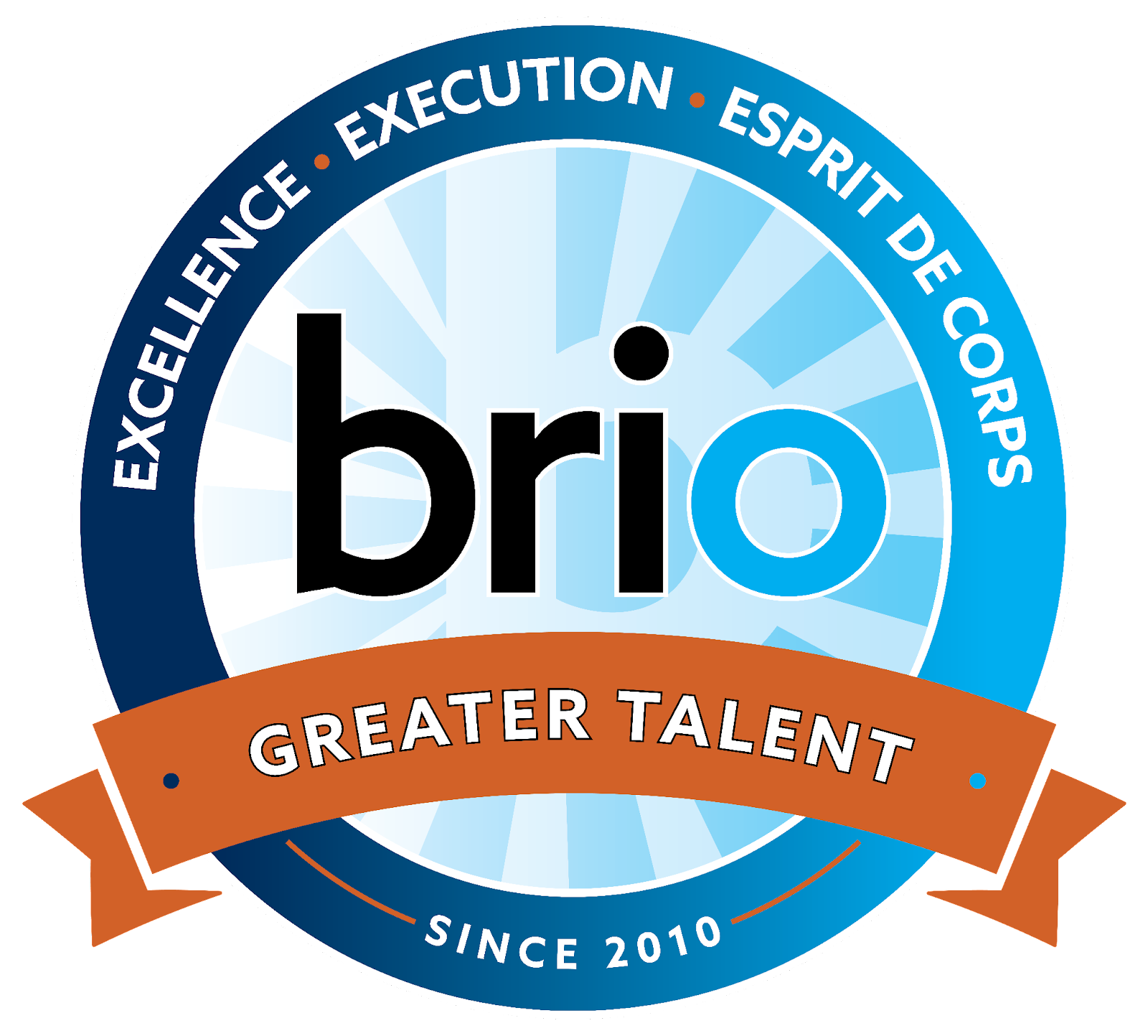
SHARE
Healthcare organizations are seeing a growing gap in their staff’s expertise and skills in clinical trial development and management. It is important for clinical managers to understand that education doesn’t end when you are a working professional or are in the middle of your career.
In fact, with the continuous technological advancements in the biomedical field, it is important for clinical managers to gain education and exposure of evolving systems and practices in the health and technology domains.
Clinical research organizations around the world are seeing the need for clinical research education, continued education, and training.
Here are the three main challenges the clinical trial managers are facing in the way of education and professional development:
- Lack of courses and degrees specific to clinical trial managers
- Limited funding to support education for clinical trial managers
- Lack of company benefits for improving education and providing training
Ongoing education for healthcare professionals and clinical managers is pertinent, particularly for new employees, to gain an understanding of the regulations, practices, and terminologies unique to this industry.
Providing education and training to the staff working in the areas of regulatory requirements and FDA regulations is particularly important as it deals with the lives of thousands and millions of people.
Benefits of Education and Professional Development for Clinical Managers
Having highly skilled and educated staff will always pay off in the shorter and longer run.
High staff retention rate
The 2022 NSI National Health Care Retention & RN Staffing Report reveals that between 2015 and 2019, a typical healthcare facility saw a 89% churn rate. The report also reveals that 90.9% of the resignations were voluntary.
According to CUPA-HR 2022 Higher Education Employee Retention Survey, one of the major reasons why employees leave their work is due to the lack of advancement opportunities at the company.
Nearly 40% of the respondents said that they do not feel their institution invests in their career development. About 50% believe they’re not offered opportunities for advancement.
Fewer Malpractice Lawsuits
Medical misdiagnosis accounts to the largest proportion of US malpractice claims. Such misdiagnosis leads to severe harm to the patient and public health.
According to a study published in BMJ Quality and Safety, the 25-year (1986 and 2010) sum of diagnosis-related payouts amounted to $38.8 billion.
With education and training, biopharma firms can mitigate any mishaps and potential damages to the company.
Improved Leadership Skills
Education is not just vital to improving one’s knowledge in a specific field, it is also important for gaining the skills required to complete a job successfully.
Leadership in clinical trial management is crucial to the progression of clinical trials and for setting expectations in the right direction.
If you are a clinical trial manager seeking work at a top biopharma organization, or a biopharma firm looking for skilled candidates, working with a resourcing partner who understands the highly competitive biopharma talent pool can help you achieve your needs.



